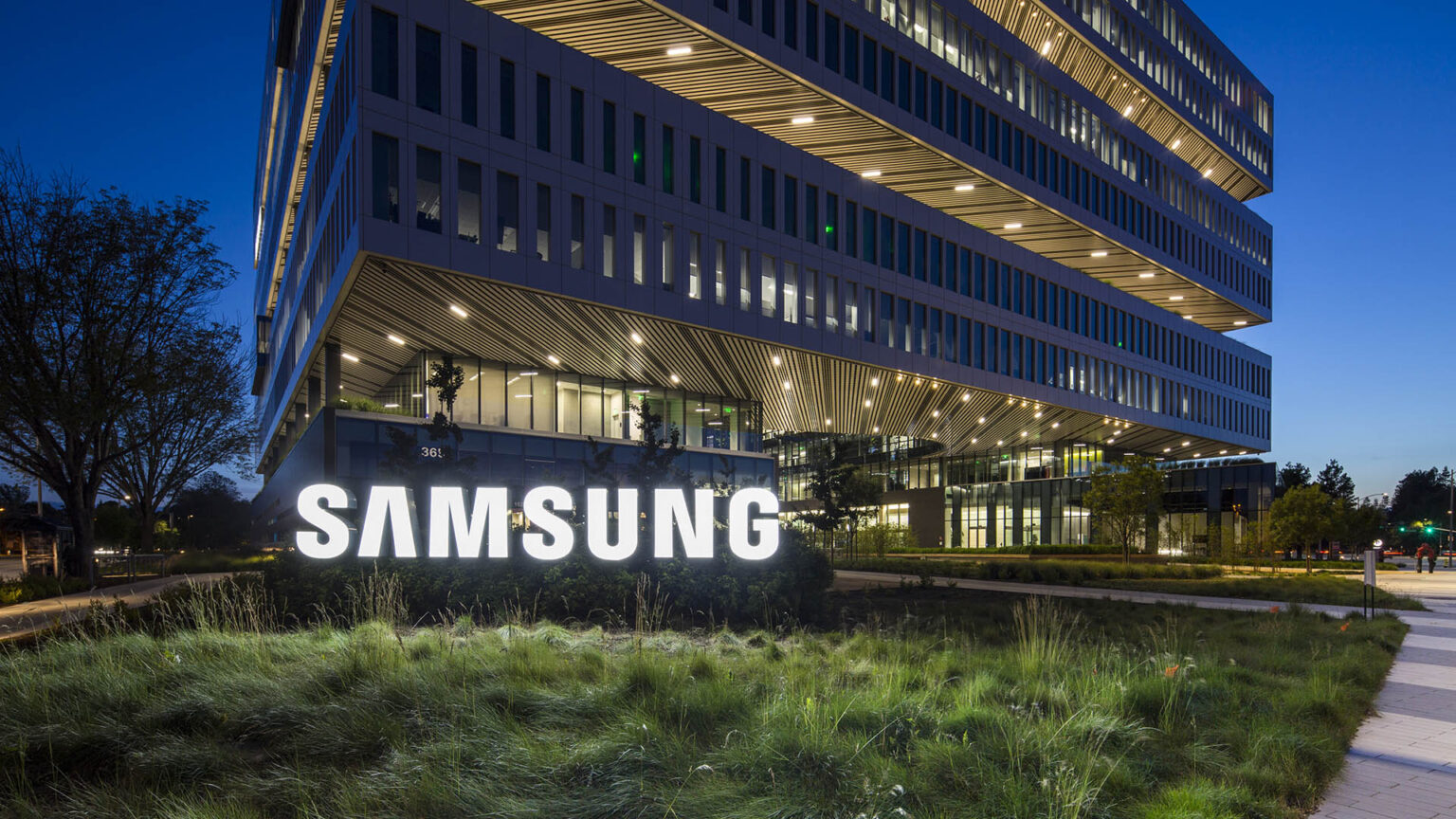Samsung Electronics (KRX: 005930), the world’s leading memory chip manufacturer, is bracing for slower-than-expected profit growth in the fourth quarter of 2024. Despite improvements from a low base in 2023, analysts predict operating profits of 8.2 trillion won ($5.6 billion), a significant drop from the 9.18 trillion won reported in the preceding quarter.
The slowdown highlights Samsung’s ongoing challenges in meeting the surging demand for artificial intelligence (AI) chips, where competitors like Nvidia (NASDAQ: NVDA) and SK Hynix (KRX: 000660) have taken the lead.
Missed Opportunities in AI
Samsung’s chip division has faced delays in providing high-performance chips to Nvidia, a crucial customer in the AI sector. While the company issued a rare apology for its disappointing third-quarter performance, no significant updates on progress have been provided since October. Analysts suggest these delays are a major factor weighing on Samsung’s earnings.
Rival SK Hynix, a key supplier of advanced AI memory chips to Nvidia, is expected to report record earnings for the same quarter, further amplifying Samsung’s struggles in this lucrative market.
The broader memory chip market has been hit by declining demand for traditional chips used in mobile phones and PCs. Falling DDR4 DRAM prices, which dropped by 13% in Q4 and are expected to decline another 15% in Q1 2025, have added to the pressure.
Additionally, competition from Chinese manufacturers and weak consumer demand for devices have exacerbated pricing challenges, offsetting the benefits of a weaker South Korean won.
Leadership Shakeups and Strategic Shifts
In response to its underperformance, Samsung made leadership changes in its chip division in November, appointing the division’s chief as co-CEO with direct oversight of the struggling memory chip business. However, analysts remain cautious about the immediate impact of these changes on Samsung’s financial performance.
Macroeconomic factors have also played a role in Samsung’s difficulties. The South Korean won hit a 15-year low in December, partly due to political turmoil following President Yoon Suk Yeol’s martial law decree. Meanwhile, global trade uncertainties, including U.S. President-elect Donald Trump’s tariff policies, have created additional headwinds for exporters like Samsung.
Outlook and Market Reactions
Samsung’s shares, which fell 32% in 2024, have significantly underperformed the broader South Korean market, which recorded a 10% decline. The company will release detailed results later in January, offering a clearer picture of its business segments, including logic chips and consumer electronics.
With continued pressure in the memory chip sector and competition heating up in AI, Samsung’s ability to navigate these challenges will be closely watched by analysts and investors alike.
